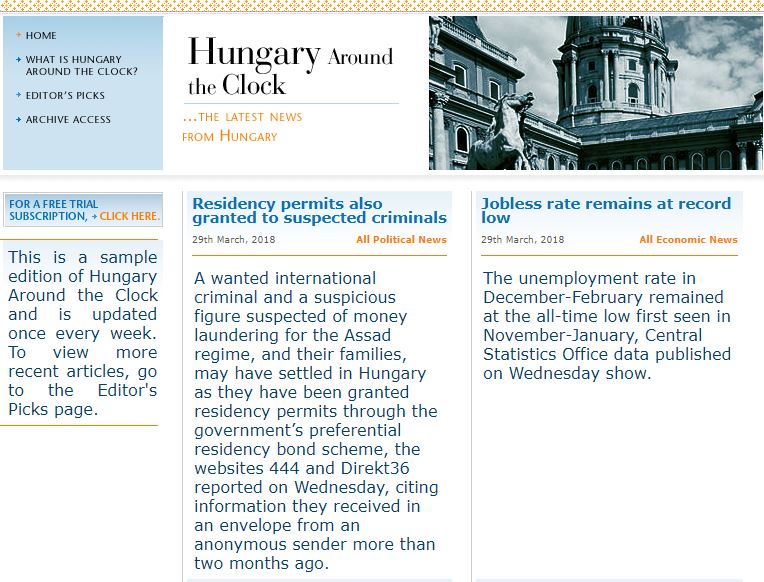Half of Startups are Leaving Hungary
- 12 Apr 2023 10:40 AM
- Hungary Around the Clock

Founders of startups say they do not want government funding or more accelerator programmes, but a founder-friendly regulatory environment.
Among the 165 respondents, 53% say it was more difficult to raise funds in 2022 than the previous year.
The stock market downturn has really slowed down startup funding both globally and locally.
Despite the unfavourable situation, local startups are still well-financed, as 72% of them received support, down from 76% 2021.
Local venture capital investments are still dominated by state funds.































LATEST NEWS IN business